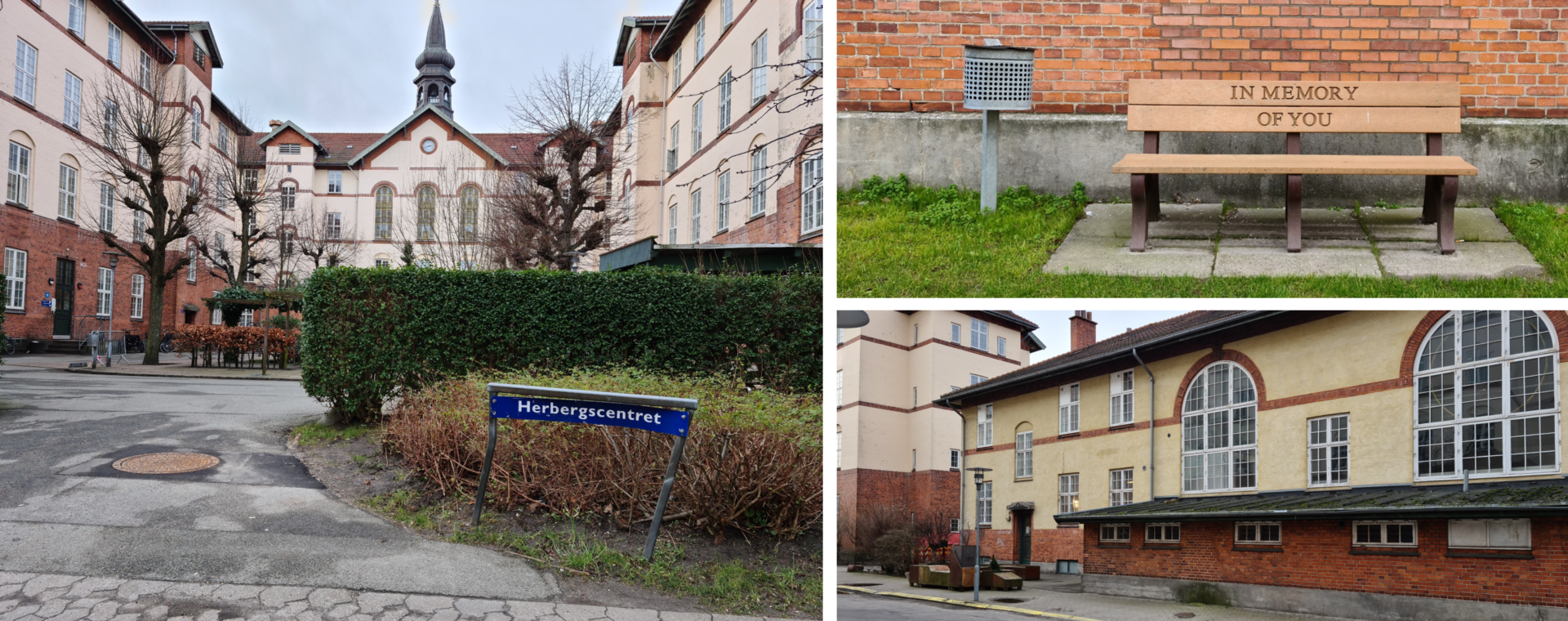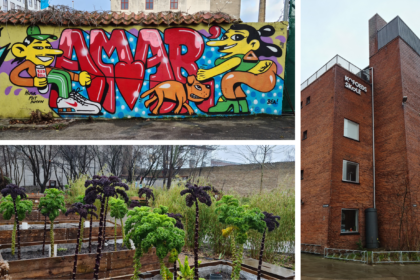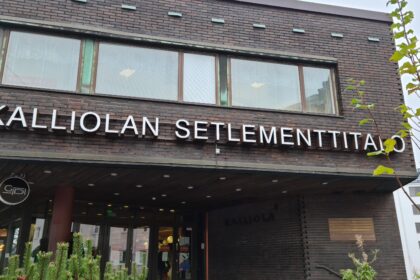Keywords: Homelessness, bureaucracy, power, housing first, place, place-sensitivity, place-making, spatial power, spatial negotiation.
In this resource, you will find the case “Finding a home with the help of the municipality” and two related themes with each their questions, exercises and related materials:
- Theme 1: Bureaucracy and human relations in social work
- Theme 2: Practical wisdom, phronesis, as a possible response to bureaucracy?
You can jump to the different themes by clicking the title of the theme you wish to work with.
Read the case before continuing with the themes:
THEME 1: Bureaucracy and human relations in social work
In the case, you are introduced to examples of the ways in which the procedures, paperwork, and structures of bureaucracy can create obstacles, unclarity, uncertainty, and hinderances to delivering or receiving help from the social service.
Bureaucracy has, in David Graeber’s words “become the water in which we swim.” (Graeber 2016, p. 4). We have grown so accustomed to bureaucracy that we rarely question its existence, purpose or consequences, neither in research nor in social work. Yet, the increase in paperwork, documentation, standardization, regulation etc., is skyrocketing, and too often, for social workers and service users alike, it seems to have a negative, or at least very dominant, impact on the relations between, for example, a caseworker and a person in homelessness. The consequence is not just the amount of time spent on paperwork, leaving less time to communicate in person with service users, but also, and maybe more importantly, the ways in which bureaucratization affects the human relations in social work. On many occasions this has been centerstage in our conversations with the social workers in the Urban SOS project: how do you best deal with your professional indignation in your communication with service users, especially when faced with their frustration over rules, regulations, standardizations etc.? We have not yet arrived at any set answers but agree that consciousness about unfair policies, practices, and structures, which allows you to identify them in the first place, will allow you to reflect on ways to address them.
While bureaucracy has its legitimacy as a practice that may ensure public security, equality of treatment, non-discrimination, etc., we here focus on the negative consequences of bureaucratization. We draw on the work of sociologist Hartmut Rosa who has become known for his writings on social acceleration, alienation, and resonance in modernity and late modernity (Rosa 2013, 2019). In his book Resonance (2019), Rosa, drawing on Max Weber, describes the totalitarian nature of bureaucracy; the ways in which standardization, optimization, rationalization, instrumentalization and bureaucratization has become a “…totality of everyday life and practice” (p. 326). The problem with totalitarianism, not in the form of political dictatorships, but as an abstract principle governing our everyday life, is that it is intangible. Thus, it is quite difficult to both understand and criticize a totality; and even more difficult to imagine the alternatives (Rosa 2013). As a totality of everyday life and practice, bureaucracy works in a subtle manner and performs a constant pressure on us. The purpose of working with this theme is to both train your ability to identify and reflect upon the bureaucratic structures and their consequences, and to train your reflections on how these can be counteracted or mitigated.

Based on the case, discuss the following:
- What purpose does the rules and procedures you have read about fulfill (e.g., non-discrimination, equality of treatment, documentation etc.)?
- Seen from the perspective of social workers, what then are the challenges of the rules and procedures?
- How are the relationships between outreach workers, caseworkers and service users affected by the rules and regulations?
- Seen from the perspectives of service users, what then are the challenges of the rules and procedures?
- Read the global social work statement of ethical principles. Discuss how the different rules and regulations presented in the case corresponds and conflicts respectively with the global ethical principles.
- How would you as a social worker address the challenges of bureaucracy in your collaboration and communication with co-workers?
- How would you as a social worker address the challenges of bureaucracy in your collaboration and communication with service users?
THEME 2: Practical wisdom, phronesis, as a possible response to bureaucracy?
According to psychology professor Barry Schwartz talking about Aristoteles concept of phronesis, practical wisdom, phronesis is: “the combination of moral will and moral skill.” Schwartz argues that practical wisdom constitutes an antidote to a society gone mad with bureaucracy and that rules often fail us. Although the ability to make exceptions to rules are rarely an explicit part of the job description of a social worker (at least in the public sector), a wise professional will know when it is time to do so. In the case, you are introduced to social workers who are competent in navigating the system in ways which allow them to perform their job more smoothly; smoother than bureaucracy and rules may incline them to. For example, they know how and when to ask the right kind of questions to service users; they intuitively know how to collaborate closely in their preparation of documentation used in decision making; or they know how and where to find what they sometimes refer to as ‘cracks in the system.’ One could argue that they own moral will and skills.
Before moving on to the questions, listen to the TEDTalk Our loss of wisdom by Barry Schwartz to get a broader understanding of the role of practical wisdom vis-a-vis rules.
Then read section 3 and 3.1 in the Urban SOS framework text. Owing to Aristotle’s argument that people are not born with, but learn, practical wisdom, the purpose of working with this theme is to cultivate your awareness of how and when practical wisdom qualify social work.

Based on the sections in the case describing the second and third maze, discuss the following:
- Which virtues and values are underlying the rules described in the two sections of the case?
- As the two social workers deliberate on how to communicate about Faisal’s substance abuse in their paperwork, it could be argued that they do not follow the rules, or the intention of the rules (I.e., to hinder that too many people with the same type of social problems live in the same place). But which virtues and values are underlying the decisions made by the two social workers?
- Reflect on the following: in what kind of social work situations would you argue that not following the rules would be the right thing to do? Identify the virtues and values underlying your argumentation.
References
IFSW (2018). Global Social work statement of ethical principles. IFSW. Retrieved September 12th, 2022, on https://www.ifsw.org/global-social-work-statement-of-ethical-principles/
Graeber, D. (2016) The Utopia of Rules. On Technology, Stupidity, and the Secret Joys of Bureaucracy. Brooklyn: Melville House.
Rosa, H. (2013) Social Acceleration: A New Theory of Modernity. New York: Columbia University Press
Rosa, H. (2019) Resonance. A Sociology of Our Relationship to the World. Polity Press
Swartz, B. (2009) Our loss of wisdom. Retrieved September 12th, 2022, on https://www.ted.com/talks/barry_schwartz_our_loss_of_wisdom




